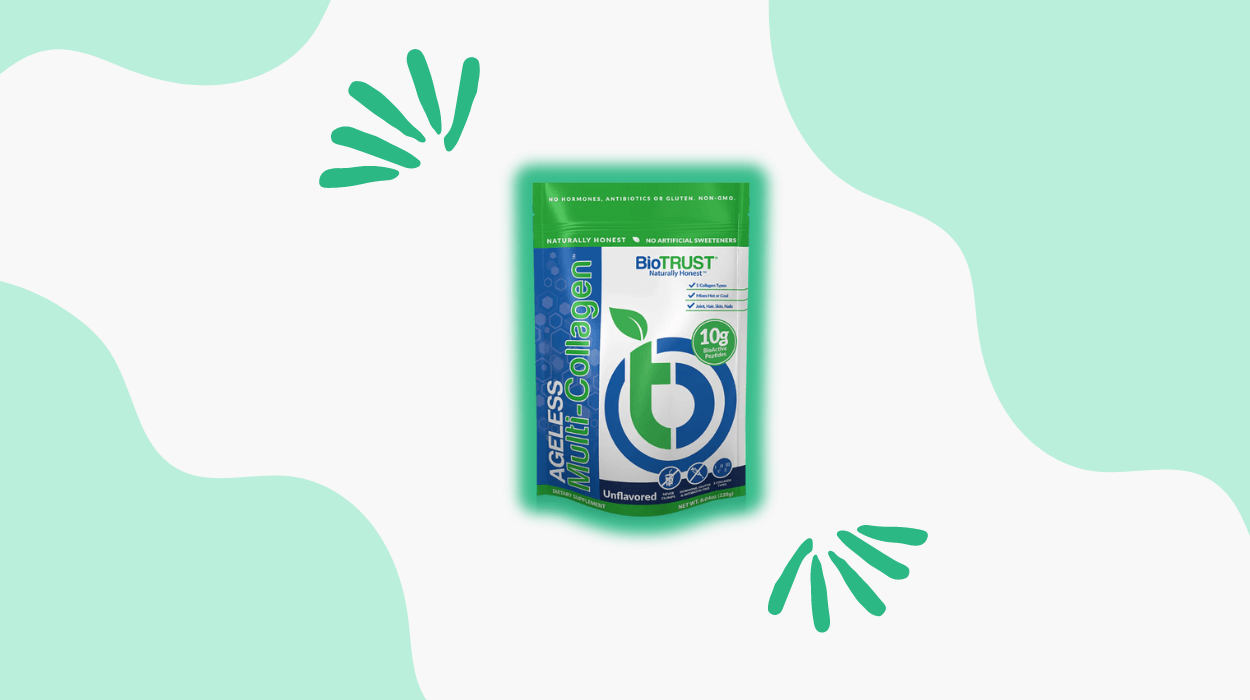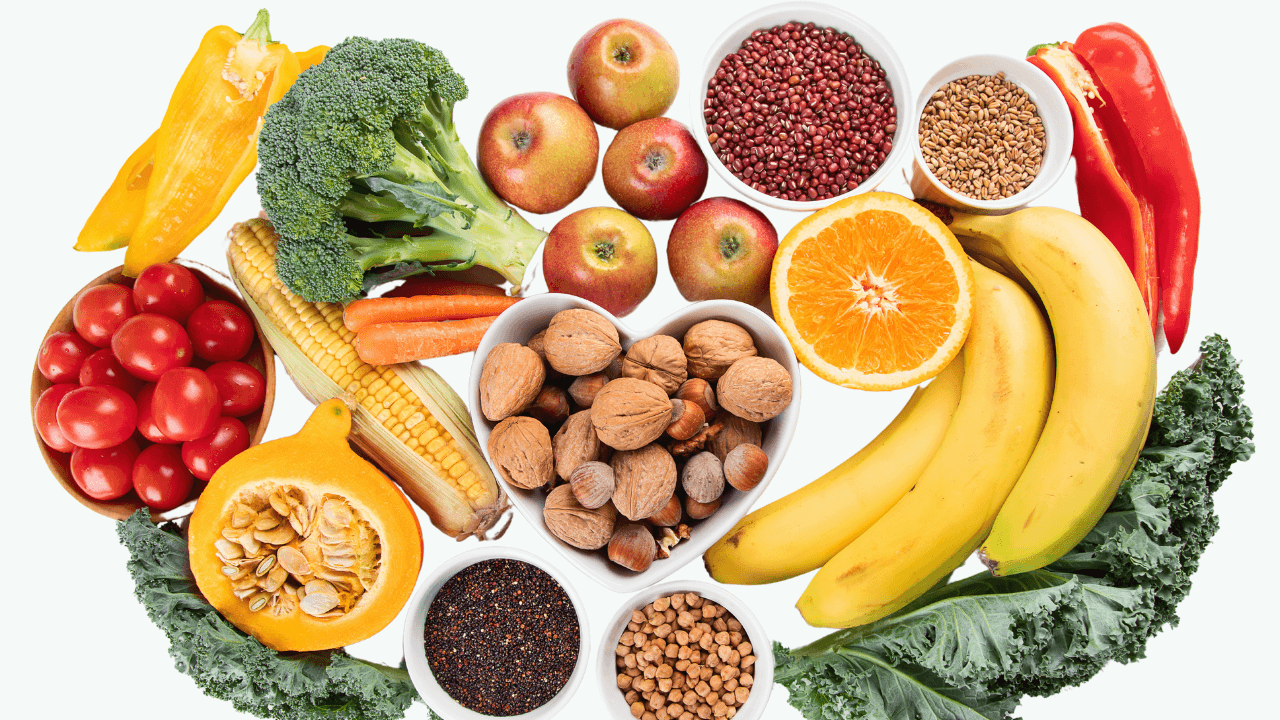

L-theanine is a non-protein water soluble amino acid usually found in green tea. It may help you stay calm and relaxed during stressful situations.
People with hectic lifestyles and busy professional lives often experience insufficient sleep or declined cognitive health.
L-theanine may help reduce anxiety, alleviate stress, and enhance sleep quality. It could help regulate mood, improve concentration, and support cognitive function by interacting with neurotransmitters in the brain.
You can make informed decisions regarding L-theanine consumption in your lifestyle for improved relaxation and mental health by understanding the science behind L-theanine and its effects on the body.

The study found that a combination of 97mg of L-theanine and 40mg of caffeine helped the group focus better during demanding tasks. It might help you feel more alert and less tired, positively impacting your mental alertness. L-theanine may support working memory and improve cognition and mood.
L-Theanine could enhance the function of the body’s immune system. It could positively impact upper respiratory tract infections and inflammation in the intestinal tract. L-Theanine can prevent immunosuppression and alleviate cold flu by boosting immune function.
| Benefits of L-Theanine for Immunity | Research Findings | Potential Impacts |
|---|---|---|
| Enhances immune function | Decrease in respiratory infections | Strengthened immunity |
| Reduces inflammation in the intestines | Prevention of the flu | Improved gut health |
| Potential to combat infections | Improvement in intestinal inflammation | Enhanced overall immune response |
Research by Shinsuke Hidese indicates that theanine can reduce stress and anxiety without causing drowsiness, offering a sense of calmness and relaxation. A study reveals that theanine intake could lead to a reduction in anxiety levels and an improvement in its symptoms.
Research suggests that the consumption of L-theanine may have a beneficial effect on regulating blood pressure, particularly in people experiencing elevated BP levels during stressful circumstances. L-theanine could reduce resting heart rate, promoting relaxation and cardiovascular health.
Below is a table showcasing some foods rich in L-theanine:
| Food | L-Theanine Content |
|---|---|
| Green Tea | High |
| Porcini Mushrooms | Moderate |
| White Tea | Moderate |
| Black Tea | Moderate |
L-Theanine is a prominent amino acid that could be found in certain mushrooms, like porcini. These mushrooms are filled with iron, fiber, and antioxidants and contain high protein.
Porcini mushrooms could promote weight loss, improve digestive health, and reduce inflammation.
Himalayan Spring White Tea is known for its abundance of L-Theanine. It has a distinctive flavor profile featuring subtle hints of stone fruit. It may induce relaxation and enhance mood.
The following table highlights its key features:
| Key Features | Description |
|---|---|
| Origin | Nepal |
| Main Benefits | Abundance of L-Theanine, Relaxation Properties |
| Flavor Profile | Subtle with Hints of Stone Fruit |
Nuts have a rich nutritional profile and could be good L-theanine sources. They possess omega-3 fatty acids, antioxidants, fiber, and protein. These components could help reduce inflammation in the body, which is linked to a decreased risk of heart disease.
Nuts contain healthy fats, minerals, and vitamins that may support various bodily functions. Although nuts are energy-dense, they can still be part of a weight-management plan as they help increase satiety and regulate appetite.
Tea is procured from the Camellia sinensis plant and offers varying levels of L-theanine content, contributing to its potential health benefits. The different types of tea, such as green, white, oolong, and black, each have distinct L-theanine concentrations. Here is the average L-theanine content per gram in different types of tea:
Whole grains such as brown rice, quinoa, and oats are high in nutrients such as iron, magnesium, and fiber, which may support various bodily functions.
| Whole Grains | Nutrients | Health Benefits |
|---|---|---|
| Brown Rice | Iron, Fiber | Helps in digestion |
| Quinoa | Magnesium, Protein | Regulates blood sugar levels |
| Oats | Fiber, Iron | Reduces risk of obesity |
They could help in digestion, regulate blood sugar levels, and reduce the possibility of obesity and certain cancers. Including whole grains in your diet can provide various health benefits and contribute to a well-rounded nutritional profile.
Broccoli contains high amounts of vitamins K and C, both crucial for various bodily functions, including immune support and blood clotting. The sulforaphane compound found in broccoli has potential anti-cancer properties. The high fiber content in broccoli helps in digestion, promotes gut health, and supports a healthy digestive system. Consuming broccoli could support heart health due to its combination of antioxidants, fiber, and anti-inflammatory properties. The calming effect of l-theanine and amino acids in broccoli may relax your mind and reduce muscle tension.
Some people may experience mild headaches after consuming L-Theanine in tablet form. You may feel a sharp pain in your forehead due to the high dosage of L-Theanine. It might make you feel uncomfortable and difficult to concentrate.
You may feel like vomit and have low energy after taking L-Theanine. Overconsumption of L-Theanine could cause a lack of appetite and a feeling of uneasiness in some people. It usually happens when you overeat foods that contain L-Theanine content in it.
It is a common side effect experienced by people consuming L-theanine due to its high fiber content. Fiber benefits the gut, but its overconsumption could cause stomach issues like gas, loose stool, and abdominal pain. You may experience an upset stomach after consuming L-Theanine excessively.
L-Theanine promotes better sleep and relaxation. However, when consumed in high amounts, it may cause trouble concentrating. You may find it challenging to perform even daily tasks due to your disturbed mind focus.
L-Theanine-rich foods discussed in this article may offer potential benefits for promoting overall cognitive health and addressing various health concerns.
Remember that small lifestyle changes could bring a significant difference to your health. From stress reduction to cognitive function and immune system support, including these foods in a balanced diet may contribute to a healthier lifestyle.
Begin with a gradual L-theanine intake, as its overconsumption might cause adverse health effects.
Try to combine a balanced diet, a regular exercise routine, and a few mindful practices along with L-theanine supplementation or foods for optimal health advantages.
Please consult a medical expert before consuming L-theanine tablets, as they may interact with your current medications, causing potential health risks.
Tyler Read earned an undergraduate academic degree from Sonoma State University, California and is a certified personal trainer (CPT) with NASM (National Academy of Sports Medicine). With over 16 years of experience, Tyler has trained clients both online and in-person.
He is passionate about helping others turn their love for fitness into a career. Tyler has worked with many local and commercial gyms before establishing his successful private personal training business, which he continues to operate.
